Do fish pee? It’s a common question with a complicated answer. Fish excrete a variety of wastes, including ammonia, phosphate, and nitrogenous wastes. Ammonia is the most common waste product in fish, and it is excreted through the gills. Phosphate and nitrogenous wastes are excreted through the kidneys.
Osmosis
Osmosis is the movement of water molecules from an area of high concentration to an area of low concentration. This can happen when the fish is in water that is less salty than its body, or when the fish is in water that is more warm than its body. In fish, osmosis occurs when water moves from the fish’s body into its surrounding environment.
Osmosis is an important process for fish, because it helps them to regulate their body temperature and to maintain the correct balance of fluids in their bodies. If fish did not have osmosis, they would not be able to live in water that is too cold or too hot for their bodies.
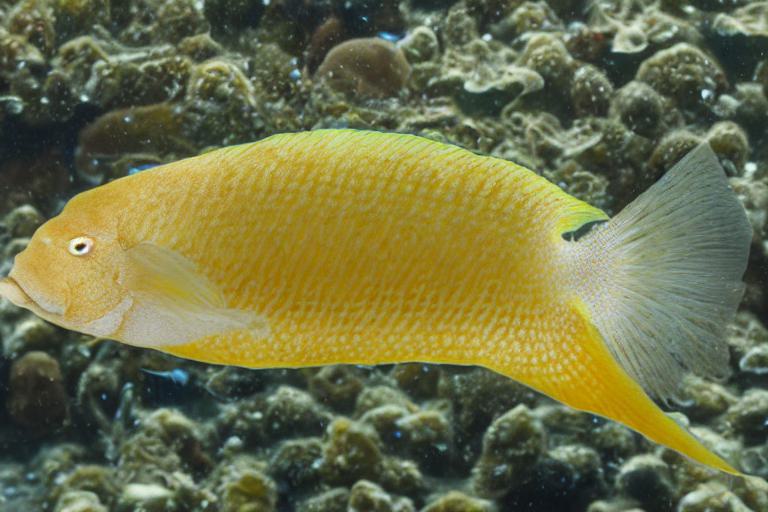
Fresh Water Fish
While most people know that fish live in water, they may not know that not all water is the same to a fish. This is because fish bodies are designed to match the water they live in. Fish can live in both salt water and fresh water, but they cannot switch between the two.
If a fish lives in salt water, its body is full of salt. This is because the water has dissolved salt in it and the fish drinks the water and so takes in the salt. The fish’s body then gets rid of the extra salt by peeing it out.
The fish’s body takes in the fresh water and gets rid of any salt that is in the water that it drinks. On the other hand, if a fish lives in fresh water, its body does not have much salt in it. This is because there is very little dissolved salt in fresh water.
The answer is yes, but it depends on the type of water the fish lives in. So, do fish pee?
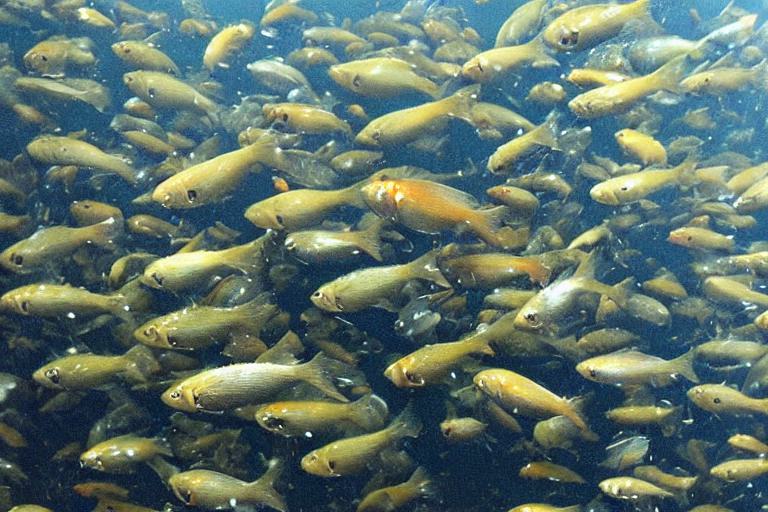
Chloride cells in freshwater fish
Chloride cells are specialized cells that are found in the gills of freshwater fish. This helps to keep the fish’s body fluids from becoming too concentrated. When the fish is in saltwater, the chloride cells release chloride ions into the water. When the fish is in freshwater, the chloride cells absorb chloride ions from the water. These cells help to regulate the osmotic balance between the fish and its surrounding environment. This helps to keep the fish’s body fluids from becoming too diluted.
Salt Water Fish
The water they swim in is constantly evaporating, so they must constantly drink to replace the water they lose. This means that they are constantly peeing. Salt water fish live in a constantly changing environment.
Salt water fish also have to deal with the salt in the water. They have special glands that help them get rid of the salt.
Some salt water fish can live in both fresh and salt water. They have to be able to change the way their bodies deal with salt depending on where they are.
Chloride cells in saltwater fish
These cells help the fish to regulate their body fluids and to excrete excess salt. Chloride cells are specialized cells that are found in saltwater fish.
The chloride cells are located in the gills of the fish and they are responsible for exchanging ions between the blood and the water. The chloride cells help to keep the fish’s body fluids in balance and to remove excess salt from the body.
When the fish is in fresh water, the chloride cells release the salt back into the water. When the fish is in salt water, the chloride cells take in salt from the water and store it in the cell. This helps the fish to maintain a balance of salt in their body.
Without these cells, the fish would not be able to regulate their body fluids and they would not be able to excrete excess salt. The chloride cells are important for the saltwater fish to be able to live in their environment.
Special cases – Salmon and Sharks
For salmon, they actually drink a lot of water to help them swim upstream. This water is then excreted as urine, which helps to keep the water in the river clean. As for sharks, they have a unique kidney system that allows them to recycle their own urine. This helps them to conserve their energy and stay hydrated. Salmon and sharks are two special cases when it comes to fish and urine.
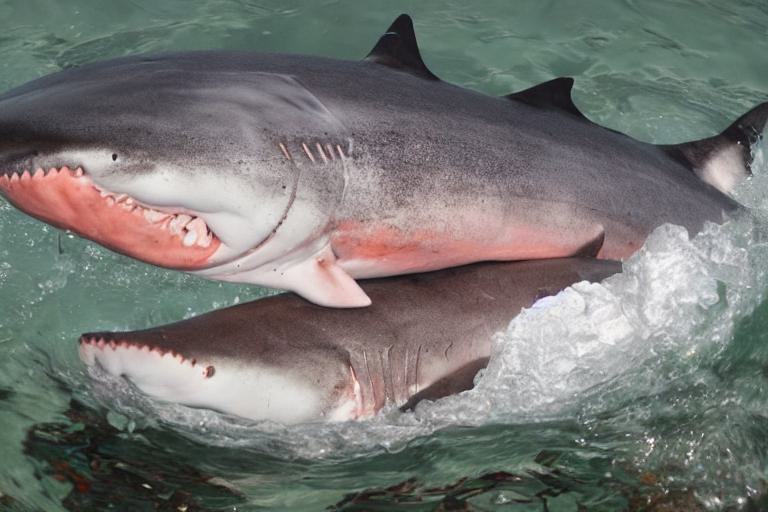
Osmoregulators and Osmoconformers
Osmoregulators and Osmoconformers
In freshwater fish, ammonia is excreted directly into the water. Fish excrete nitrogenous waste in the form of ammonia. In saltwater fish, ammonia is converted into urea and excreted into the water.
This process is known as osmoregulation. Fish are able to regulate their internal salt concentration by excreting excess salt through their gills. Osmoregulation is necessary because fish live in a watery environment and must be able to maintain a constant internal salt concentration.
There are two types of osmoregulators: ionic and osmotic. Osmotic osmoregulators absorb salt through their gills. Ionic osmoregulators excrete salt through their gills.
These fish live in environments with constant salt concentrations, such as the ocean. Osmoconformers are fish that do not regulate their internal salt concentration.
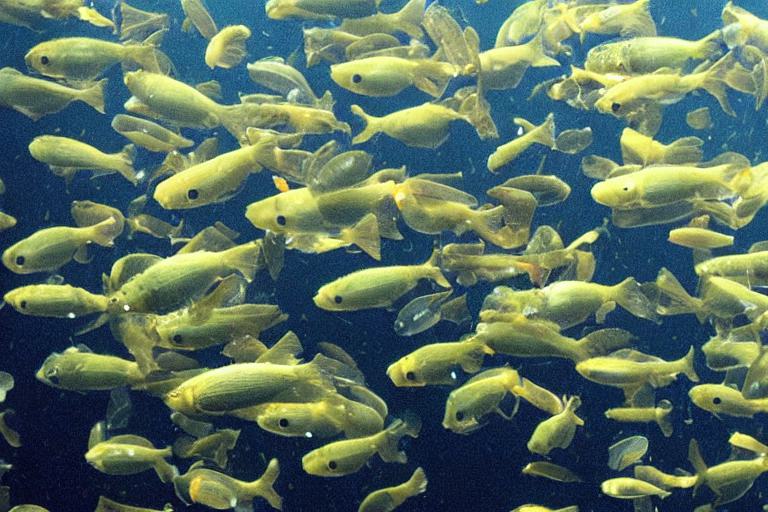
Osmoregulator
It is a vital process for all aquatic animals, as they live in an environment where the water around them is constantly changing in salinity. Osmoregulation is the process by which an organism regulates its internal water balance in order to maintain a constant internal water level.
Fish are able to osmoregulate due to their kidneys, which are able to remove excess salt from the blood and excrete it in the form of urine. This process helps to keep the fish’s internal environment at a constant salinity, even when the surrounding water is changing in salinity.
Osmoregulation is a vital process for all aquatic animals, as it helps them to maintain a constant internal environment, even when the surrounding water is changing in salinity. Without osmoregulation, fish would not be able to survive in their aquatic environment.
Osmoconformer
Osmoconformers are a type of fish that are able to regulate their internal body fluids to match the salinity of their surrounding environment. This ability allows them to live in both fresh and salt water environments.
This process is known as osmoregulation. Osmoconformers are able to regulate their internal body fluids by taking in or excreting water as needed. Osmoregulation is a way for fish to maintain a balance of salt and water inside their bodies.
Osmoconformers are able to live in both fresh and salt water environments because they can regulate the amount of salt and water in their bodies. This ability allows them to adapt to changes in their environment.
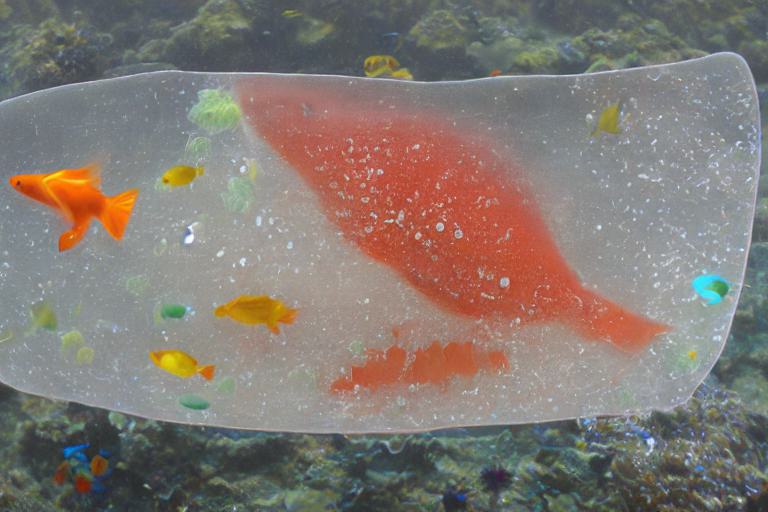
References
This study provides strong evidence that fish do, in fact, excrete waste through their gills. There are a variety of references that support the claim that fish do, in fact, pee. One such reference is a study conducted by a team of researchers from the University of the Basque Country, which found that fish excrete nitrogenous waste through their gills (1).
Another reference that supports the claim that fish do, in fact, pee is an article published by National Geographic, which states that fish excrete ammonia through their gills (2). This article provides further evidence that fish do, in fact, excrete waste through their gills.
In conclusion, there are a variety of references that support the claim that fish do, in fact, pee. These references provide strong evidence that fish do, in fact, excrete waste through their gills.
(1) https://www.sciencedirect.com/science/article/pii/S0025326X11003719
(2) https://www.nationalgeographic.com/animals/fish/a/do-fish-pee/
Frequently Asked Questions
1. Do fish pee?
Yes, fish do pee. They excrete ammonia, which is a waste product, through their gills.
2. How does this happen?
Fish have special cells in their gills that absorb ammonia from the blood and then release it into the water.
3. Why do they need to do this?
Ammonia is toxic to fish, so they need to get rid of it to stay alive.
4. How often do they pee?
It depends on the fish. Some fish excrete ammonia constantly, while others only do it when they’re stressed or when they’re shedding their skin.
5. What happens if they don’t pee?
If fish don’t excrete ammonia, it builds up in their bodies and can kill them.
Final thoughts
It is still unclear exactly how fish excrete waste, but scientists believe that fish do indeed pee. This is an important function for fish, as it helps them to remove toxins from their bodies. More research is needed to determine exactly how fish pee, but this is an exciting discovery nonetheless.
